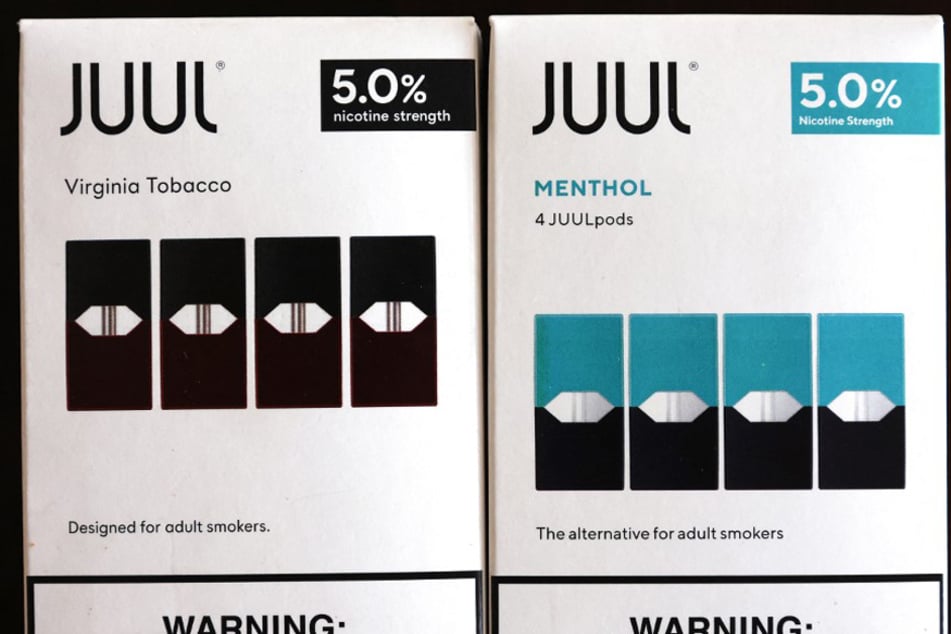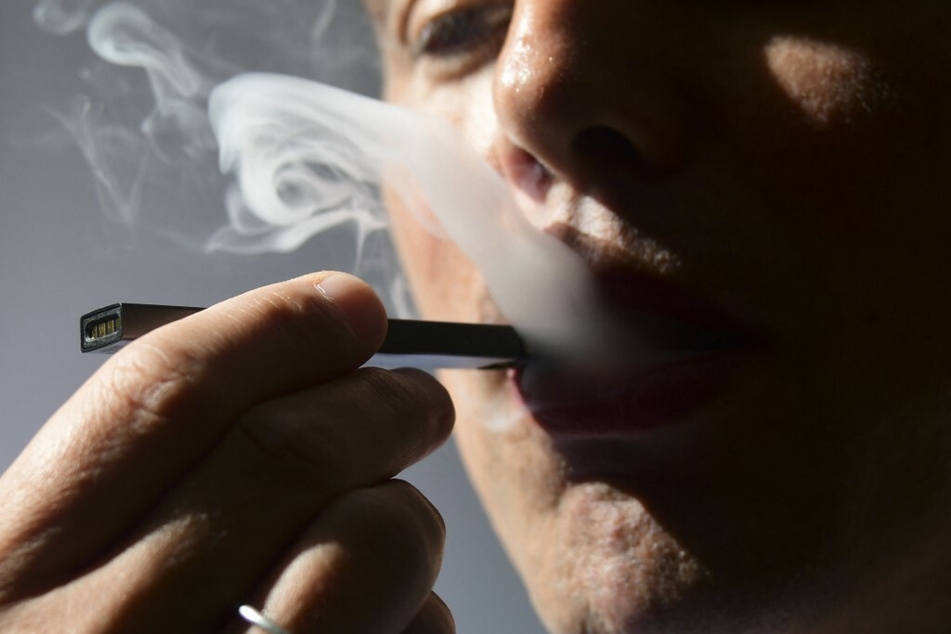JUUL vape pens get shelved as Gen Z and millennials take the hit
Washington DC – The US Food and Drug Administration (FDA) ordered vaping giant JUUL to remove its remaining products from the market, after roughly two years of reviewing the company's applications.

The favorite vape pen and smoking alternative amongst Gen Z-ers and millennials has been officially banned in the US.
The FDA cited "insufficient and conflicting data" about the potential for leaking chemicals from JUUL e-liquid pods, which it said precluded its ability to complete a proper risk assessment.
"The FDA is tasked with ensuring that tobacco products sold in this country meet the standard set by the law, but the responsibility to demonstrate that a product meets those standards ultimately falls on the shoulders of the company," Michele Mital, acting director of the Center for Tobacco Products, said in a statement.
"As with all manufacturers, JUUL had the opportunity to provide evidence demonstrating that the marketing of their products meets these standards. However, the company did not provide that evidence and instead left us with significant questions."
But the FDA also clarified that it "has not received clinical information to suggest an immediate hazard associated with the use of the JUUL device or JUUL pods."
JUUL Labs Chief Regulatory Officer Joe Murillo said the company "respectfully disagrees" with the FDA's decision, and is "exploring all of our options under the FDA's regulations and the law," including seeking a stay and appealing the decision.
"In our applications, which we submitted over two years ago, we believe that we appropriately characterized the toxicological profile of JUUL products, including comparisons to combustible cigarettes and other vapor products, and believe this data, along with the totality of the evidence, meets the statutory standard of being 'appropriate for the protection of the public health.'"
Juul users defend the product while calling out the FDA

JUUL had submitted four tobacco-and-menthol-flavored products for FDA authorization. JUUL had voluntarily discontinued sales of its fruity and other flavored products after backlash over a rise in youth vaping rates.
Despite the backlash, many JUUL users are speaking out against the ban on Twitter. Senior editor at Texas Monthly Michael Hardy pointed out switching to JUUL helped him end his 15-year addiction to cigarettes.
"After smoking for 15-plus years, I finally [quit] for good last year thanks largely to Juul. It's just one data point, but the Juul is by far the most effective anti-smoking device I've tried. Now [the] FDA wants to ban them," he wrote.
Another Twitter user pointed out the irony in the FDA's ban: "As someone who used to smoke a pack of cigarettes every day for years and used Juul to quit, it is categorically insane to me that they will ban e-cigs before actual cigarettes."
Gregory Conley, president of the nonprofit group American Vaping Association, said JUUL is likely to appeal and is still awaiting a decision on its next-generation device with childproofing and usage monitoring features.
"The Biden Administration believes in harm reduction for fentanyl users, but their message to adult smokers and ex-smokers is to drop dead," Conley said in a statement after the news leaked Wednesday.
Amanda Wheeler, president of lobbying group American Vapor Manufacturers Association, called the decision "regulatory arson" hours before the FDA officially rejected JUUL's applications.
"Measured in lives lost and potential destroyed, FDA's staggering indifference to ordinary Americans and their right to switch to the vastly safer alternative of vaping will surely rank as one of the greatest episodes of regulatory malpractice in American history," she said.
The FDA is also beginning the process of regulating synthetic nicotine products. This week, the agency announced it plans to propose reducing nicotine levels in traditional cigarettes, following a recent proposal to ban menthol cigarettes and flavored cigars.
Cover photo: MARIO TAMA / GETTY IMAGES NORTH AMERICA / GETTY IMAGES VIA AFP

